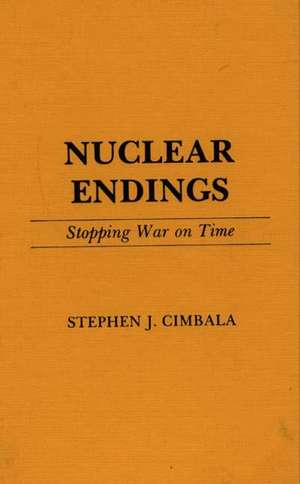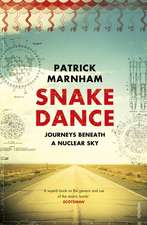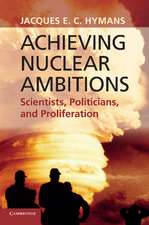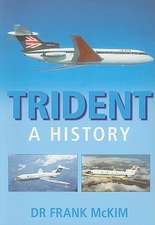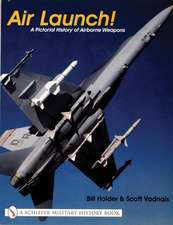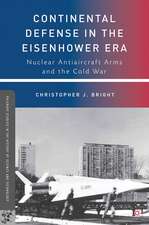Nuclear Endings: Stopping War on Time
Autor Stephen J. Professor Cimbalaen Limba Engleză Hardback – 28 feb 1989
If a nuclear war between American and Soviet forces or the forces of their allies were to start, how would it end? This soberting analysis, one of the few published treatments of War termination, identifies the policies and strategic issues involved in the attempt to control and end a nuclear war should one ever start. The author presents both a comprehensive overview of the theory of war termination and a broad-based analysis of the specific aspects of the question. Throughout, the aim is to provide policymakers and students of military strategy with a tool for improved strategic war planning that emphasizes the importance of flexibility and durability rather than the current emphasis on damage infliction.
Cimbala begins by discussing the compelling reasons for studying war termination, among them the potential deterrent value of such study. He then introduced pertinent issues in the literature of war termination, including the notion of an agreed battle', escalation control, intrawar deterrence, and coercive diplomacy. The bulk of the study is devoted to a detailed discussion of specific aspects of nuclear war determination. Ih his concluding chapter, Cimbala integrates these aspects into a coherrent theory of nuclear war termination and assesses the potential implications of strategic defenses for American nuclear deterrence strategies.
Preț: 439.77 lei
Preț vechi: 708.89 lei
-38% Nou
84.15€ • 91.69$ • 70.91£
Carte tipărită la comandă
Livrare economică 23 aprilie-07 mai
Specificații
ISBN-10: 027593165X
Pagini: 318
Dimensiuni: 156 x 234 x 19 mm
Greutate: 0.63 kg
Editura: Praeger
Descriere
Cimbala begins by discussing the compelling reasons for studying war termination, among them the potential deterrent value of such study. He then introduced pertinent issues in the literature of war termination, including the notion of an `agreed battle', escalation control, intrawar deterrence, and coercive diplomacy. The bulk of the study is devoted to a detailed discussion of specific aspects of nuclear war determination. Ih his concluding chapter, Cimbala integrates these aspects into a coherrent theory of nuclear war termination and assesses the potential implications of strategic defenses for American nuclear deterrence strategies.
